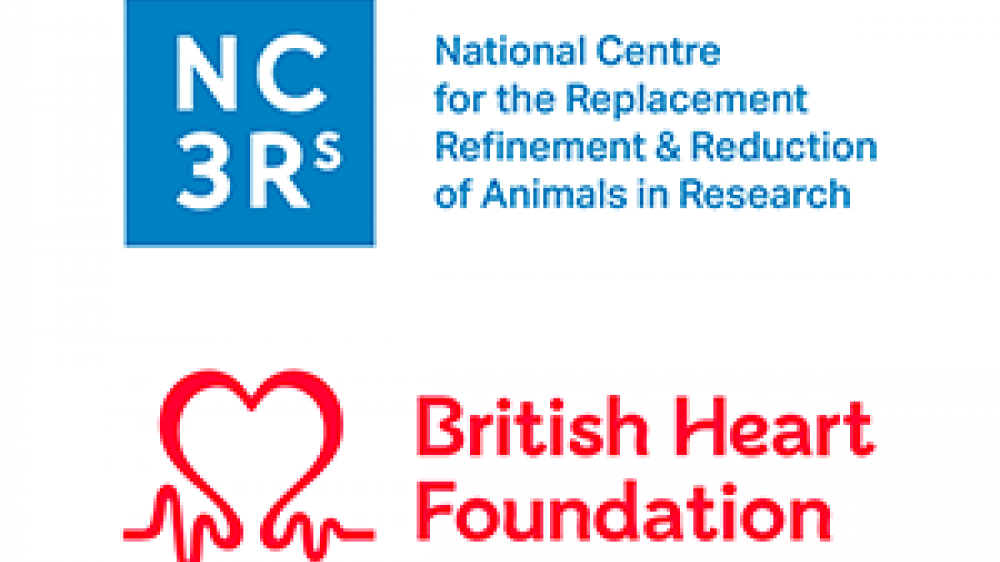UK and EU-based applicants are invited to tender for the 2020 CRACK IT Challenges.
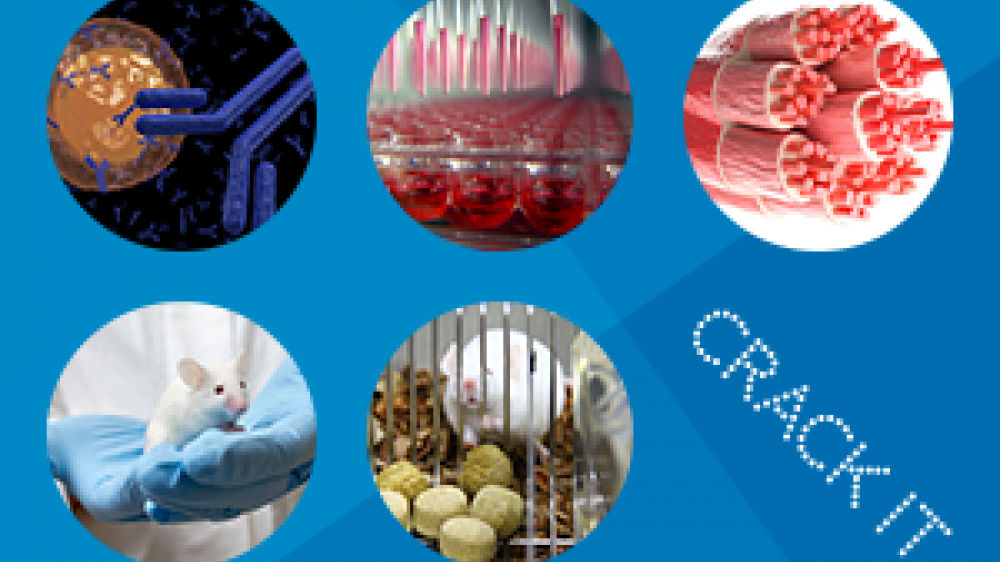
UK and EU-based applicants are invited to tender for the 2020 CRACK IT Challenges.

New research published in Scientific Reports shows the animal welfare benefits of picking up laboratory mice via a tunnel instead of by the tail persist even after repeated restraint, injection and anaesthesia.
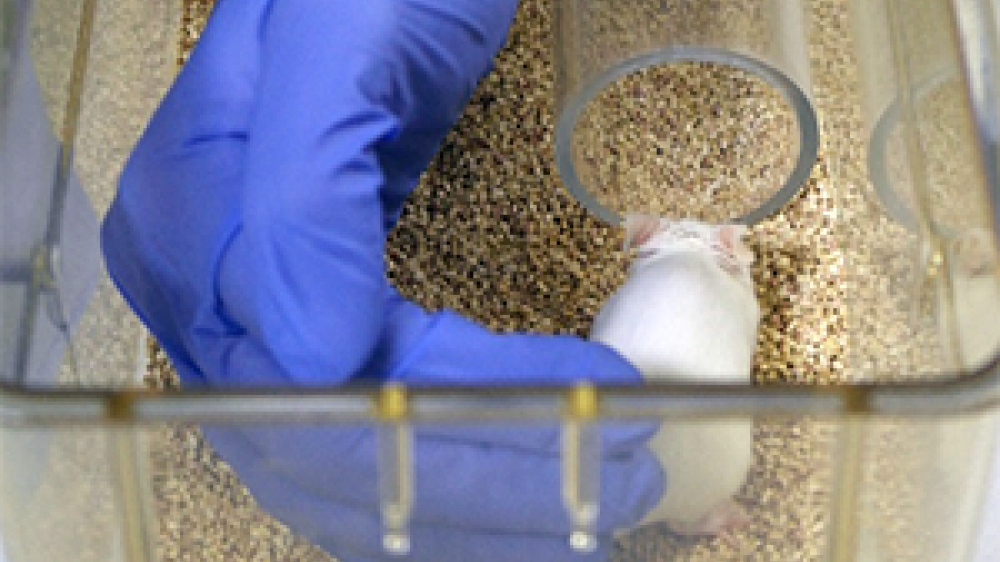
Europe is home to a vibrant 3Rs community with a range of organisations who fund or promote science and technology developments that lead to opportunities to replace, reduce and refine the use of animals in research.
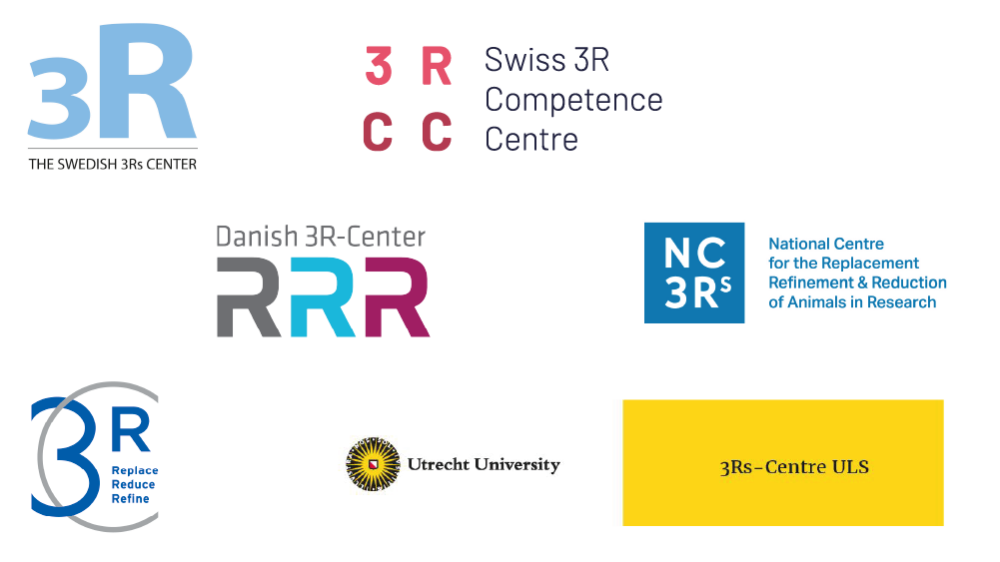
We have recently committed £2.4m to seven new project grants. This flagship scheme has been running since the NC3Rs' conception in 2004 and with these new awards over £40m has now been awarded to the development of 3Rs approaches and technologies
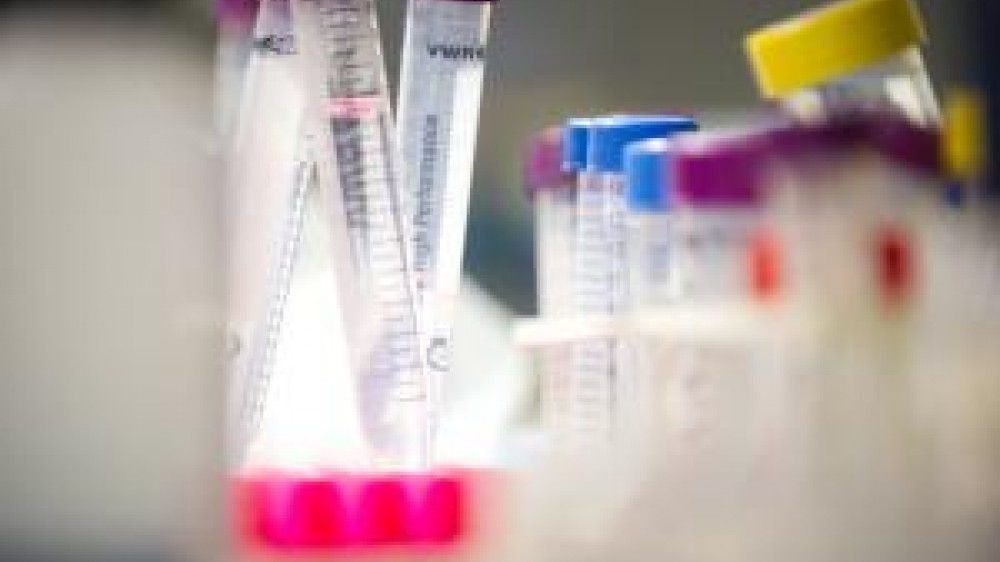
Our Training Fellowship scheme supports the development of promising early career researchers with less than three years’ postdoctoral experience.

Up to £3.5 million funding is available through the 2020 CRACK IT Challenges competition to solve five Challenges identified jointly by the NC3Rs and Sponsors.

For World Brain Day 2020, we take a look at some of the latest findings of NC3Rs Grant holders who are using 3Rs methods to provide insights into neuroscience.
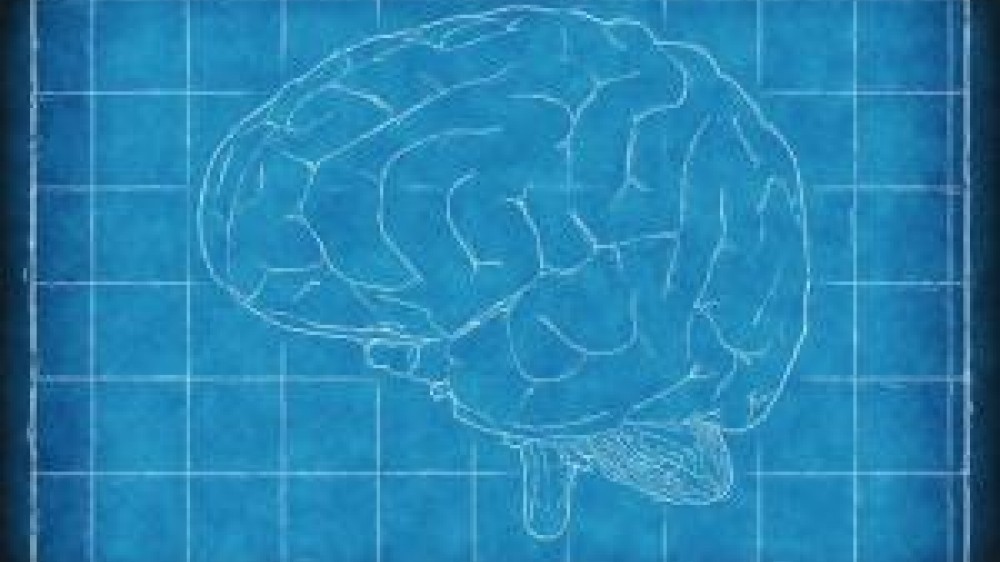
Today new reporting guidelines – ARRIVE 2.0 – have been published in PLOS Biology.
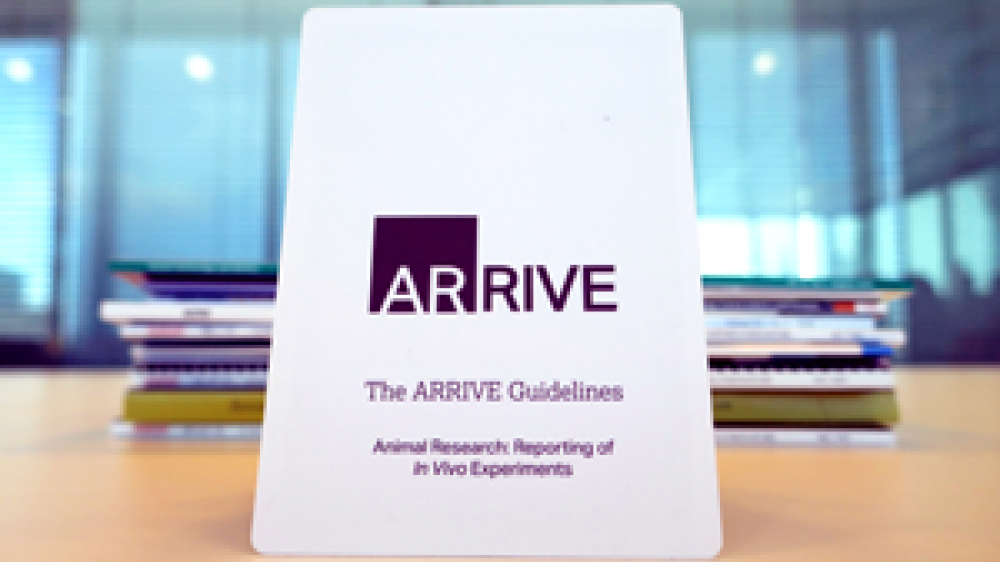
Dr Jan van der Valk is the Director of the 3Rs-Centre Utrecht Life Sciences in the Netherlands.
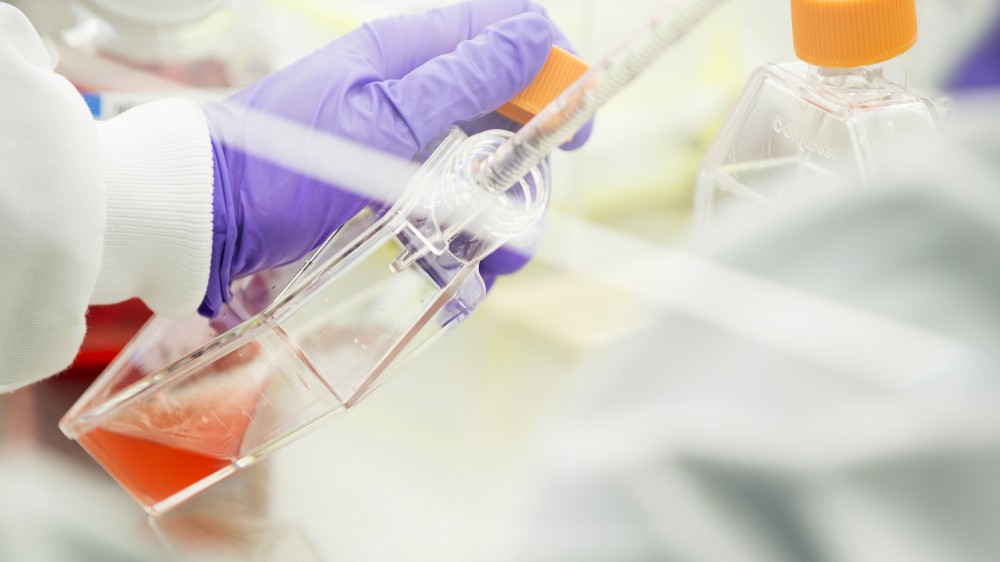
Recent articles in the scientific press have questioned whether the 3Rs should be replaced by a broader ethical framework for animal research.
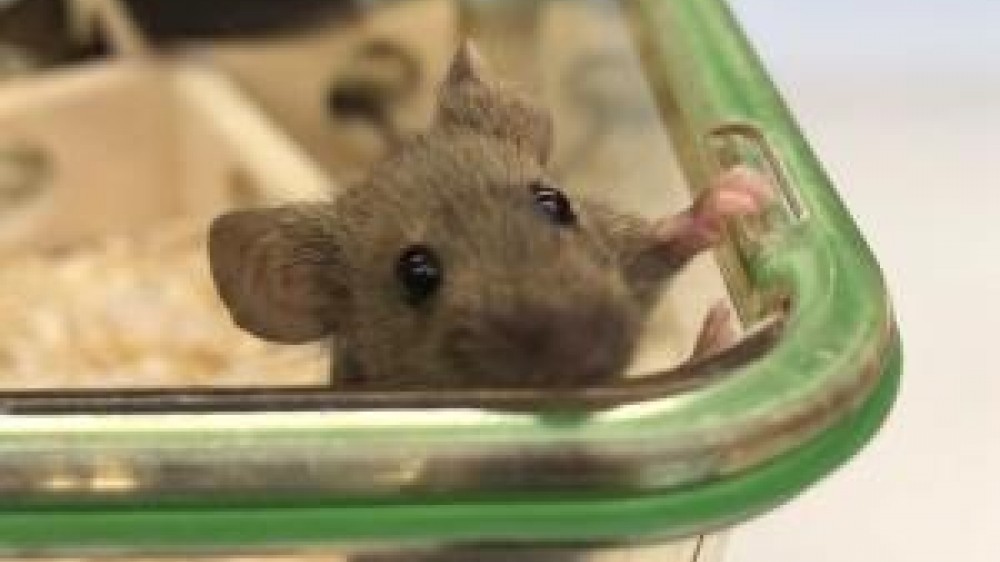
The NC3Rs today announces a new project to review requirements for the use of animals in World Health Organization (WHO) guidelines for the quality control and batch release testing of biological therapeutics and vaccines.

The NC3Rs has established a new strategic collaboration with konfer to provide small companies and academic researchers with a platform to showcase their 3Rs tools and technologies to a wide audience – enabling access to new partners and funding and

The 2019 3Rs prize has been jointly awarded to Dr Francesca Nunn and Dr Marta Shahbazi for papers describing research that reduces the number of chickens and mice respectively.
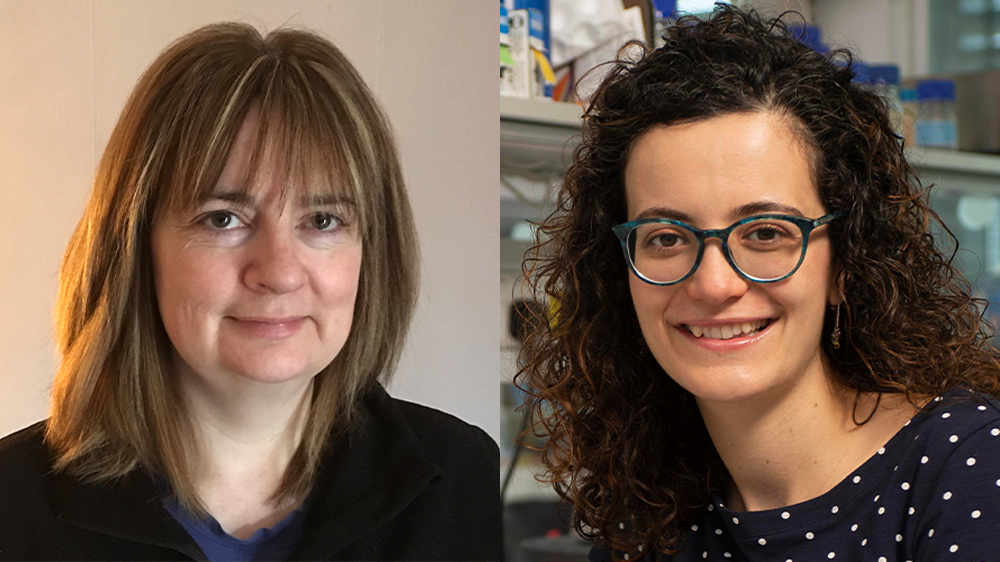
Earlier this year, NC3Rs staff met with animal technicians from different universities around the UK to discuss the ways they introduce new environmental enrichment into their facilities.
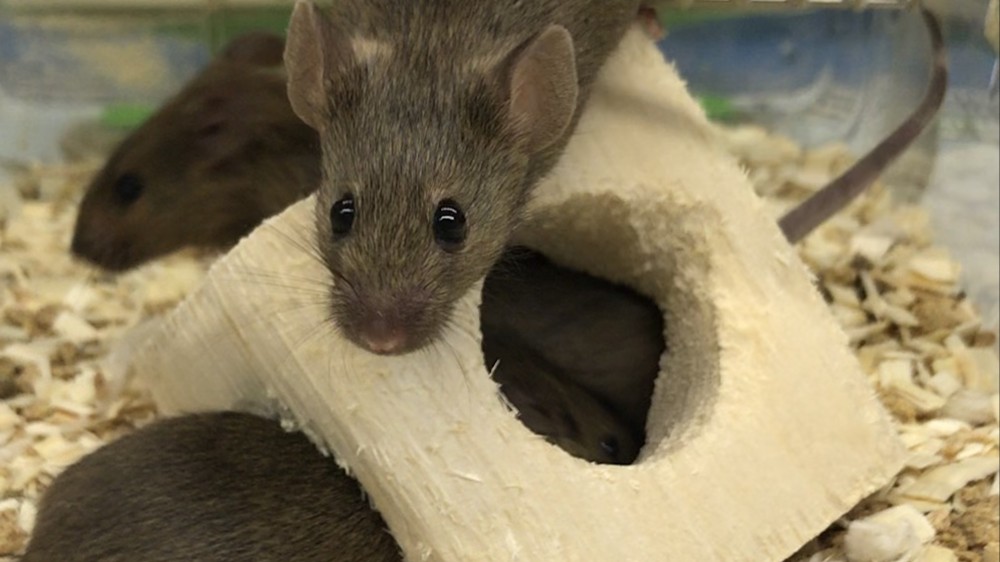
A new study, published in Laboratory Animals, describes a step forward in enhancing the welfare of dogs used in the testing of pharmaceuticals.
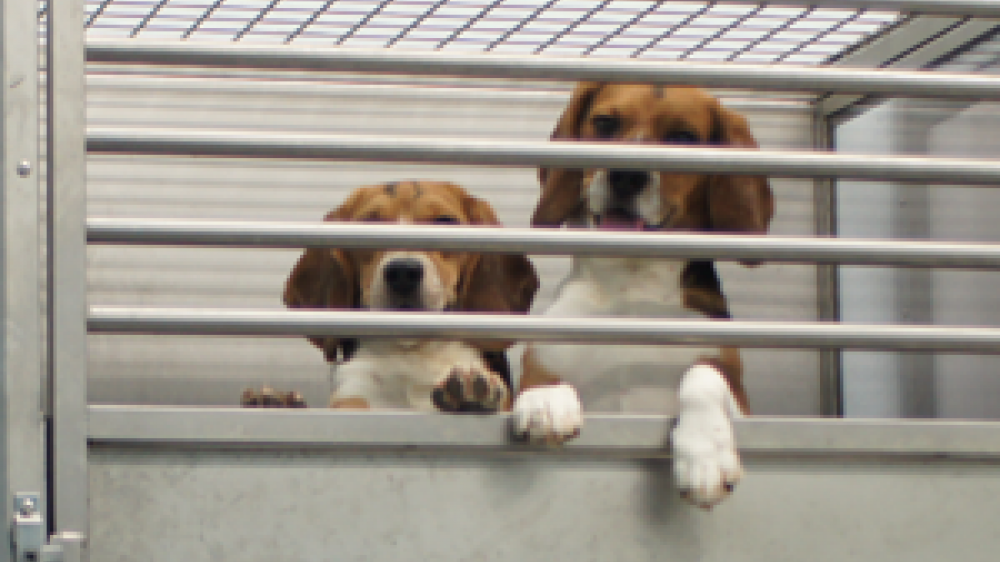
In this guest blog post, Professor Paul Flecknell and Jon Gledhill of FLAIRE Learning share the e-learning resources they’ve developed for those working with laboratory animals and how e-learning can complement more traditional training approaches.
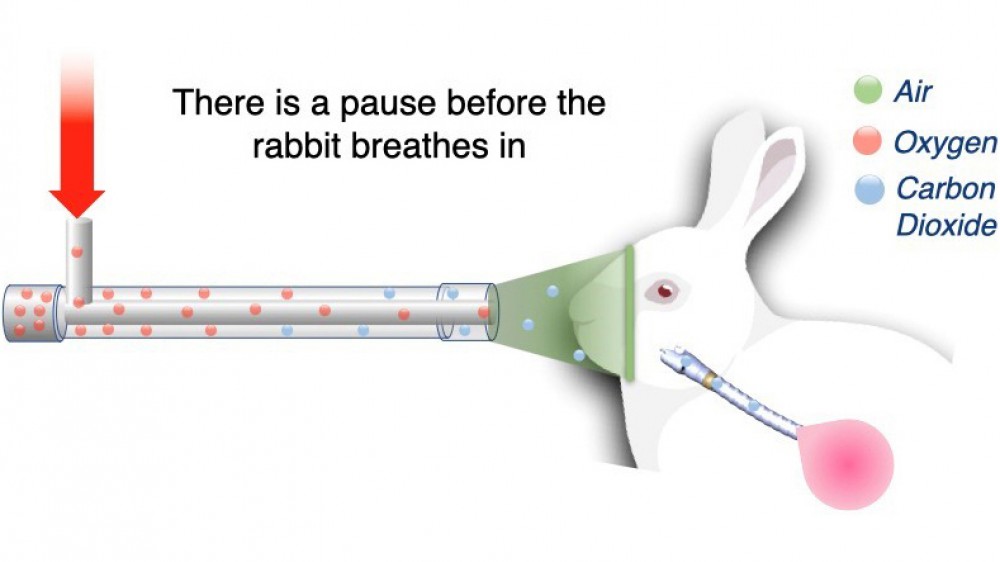
We are pleased to announce five new Skills and Knowledge Transfer awards, bringing the total awards funded to 20 since the scheme launched in 2017.
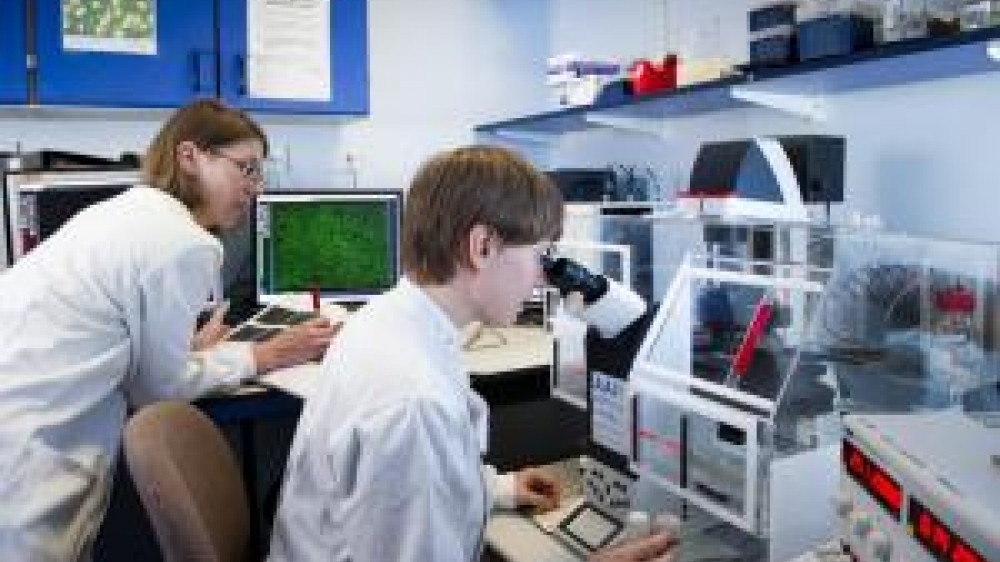
Running a 3Rs award scheme is one way that biopharmaceutical companies can support scientists and animal care staff to put the 3Rs into practice. In this guest blog post, Paul Finnemore and Stewart Owen share how AstraZeneca is supporting
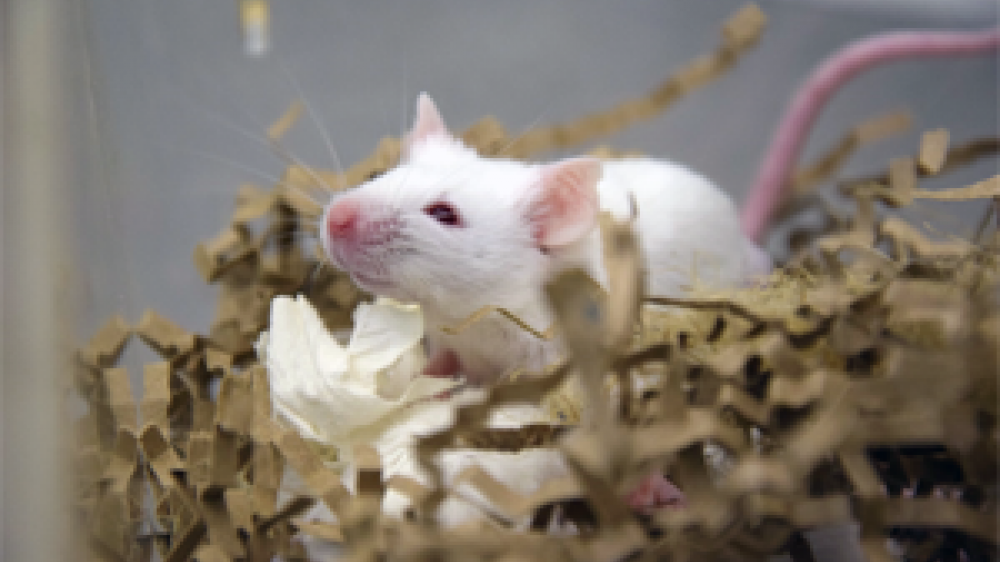
A new paper published in PLOS ONE presents the results of a survey of non-aversive handling methods (i.e. use of a tunnel or cupped hands) for picking up laboratory mice.
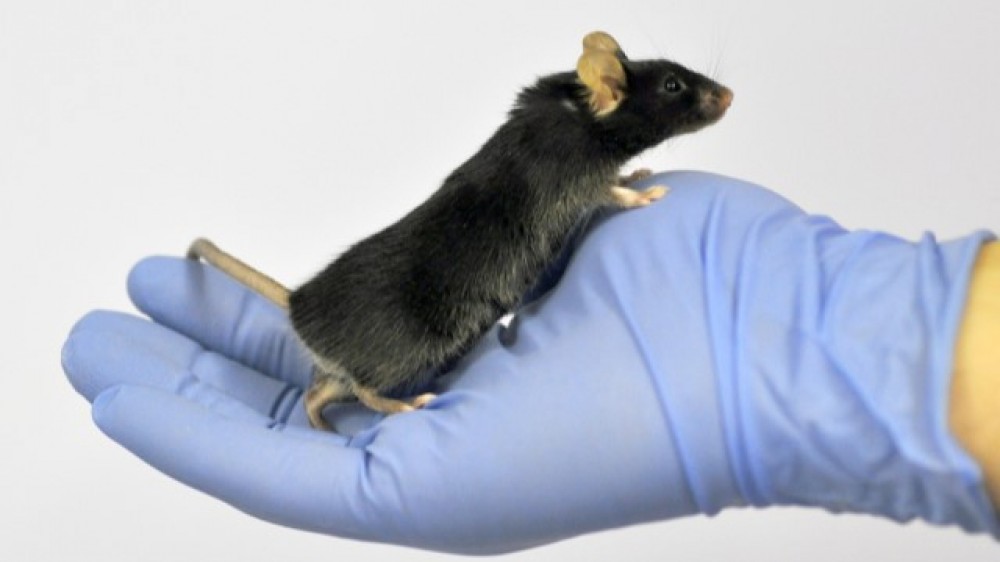
This year’s PhD Studentship call is now open. To mark this we are highlighting some of the scientific and 3Rs impacts from our earliest awards made in collaboration with the British Heart Foundation (BHF).
